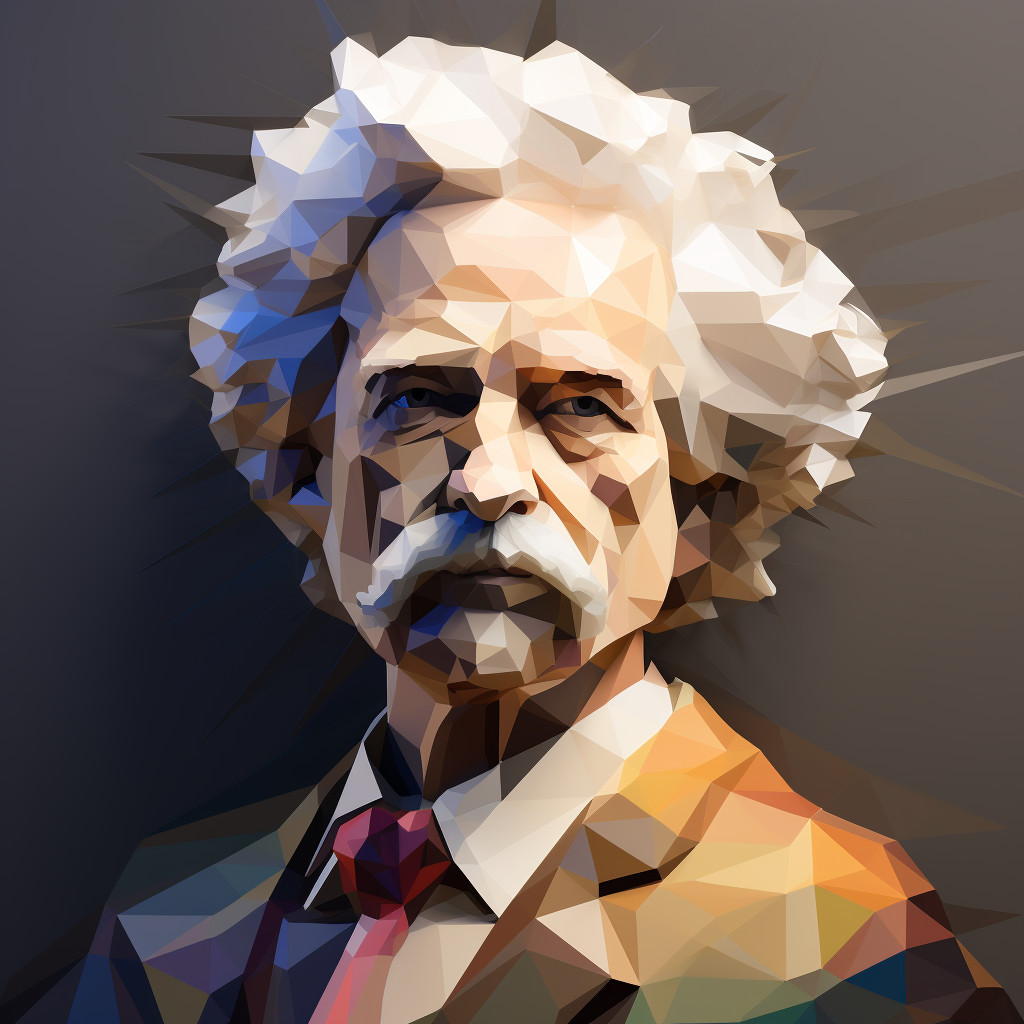This quote suggests that a person who is incapable of lying often believes they are the best at detecting lies. It is a commentary on human nature and our tendency to project our own qualities and capabilities onto others. In other words, because a person cannot tell a lie, they assume they know exactly how a liar thinks and acts, and therefore, they believe they can easily spot a lie. This is a form of cognitive bias known as the “false consensus effect,” where we overestimate how much others share our beliefs and behaviors.
Yet, the reality is often different. Being truthful doesn’t necessarily equip one with the skills to discern truth from falsehood in others. It might even make one more susceptible to deception, as they might project their own honesty onto others and fail to suspect deceit.
In today’s world, this quote can be seen in many situations, from politics to personal relationships. For example, in politics, a person who is honest and straightforward may believe they can easily detect when a politician is lying, but in reality, they may be just as susceptible to manipulation and deceit as anyone else.
In terms of personal development, this quote teaches us to be aware of our own biases and not to overestimate our own abilities. Just because we possess a certain quality doesn’t mean we are experts at recognizing that quality in others. It encourages us to develop our critical thinking skills, to question and verify rather than simply accept at face value. It also reminds us to be humble and acknowledge the limits of our understanding.




